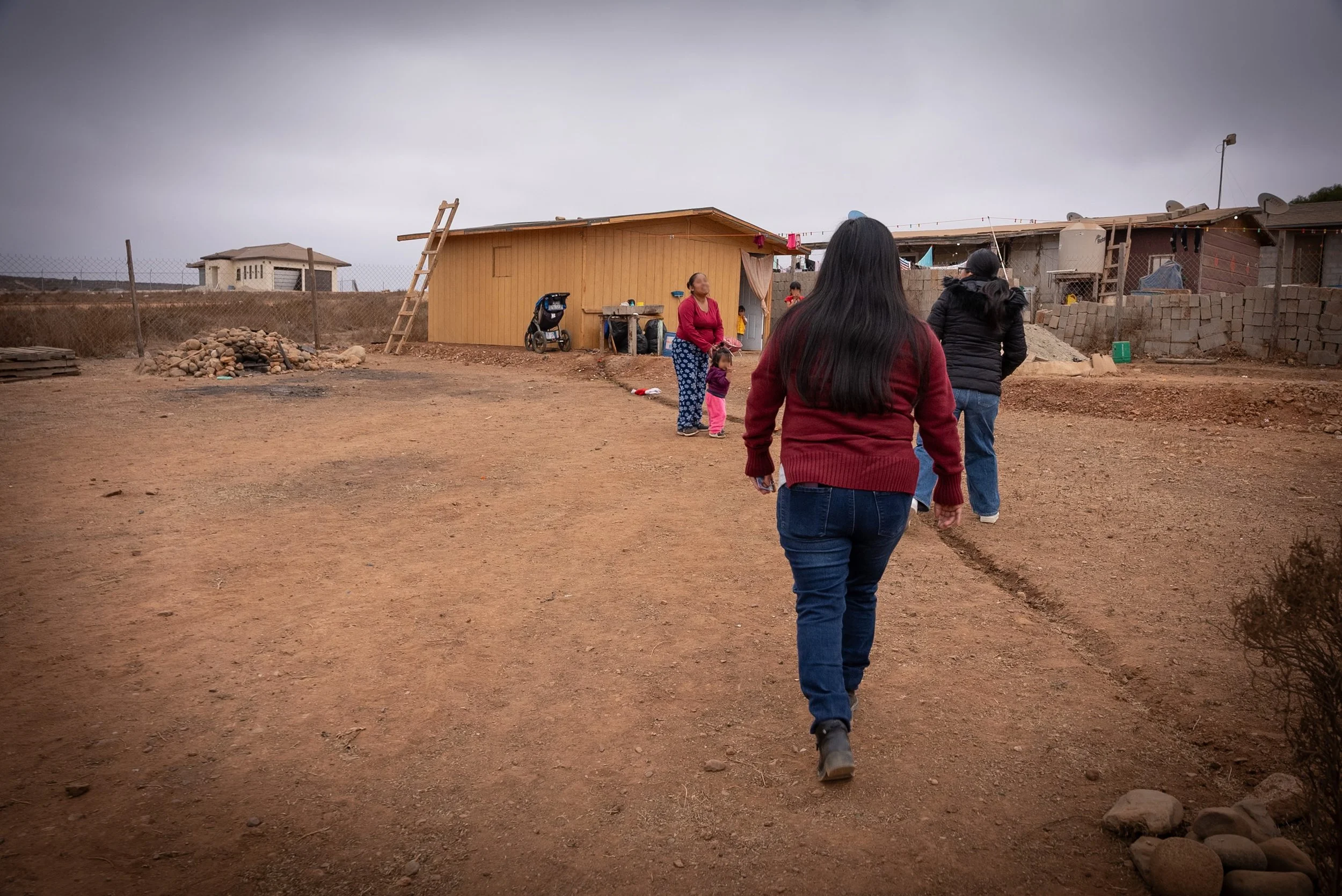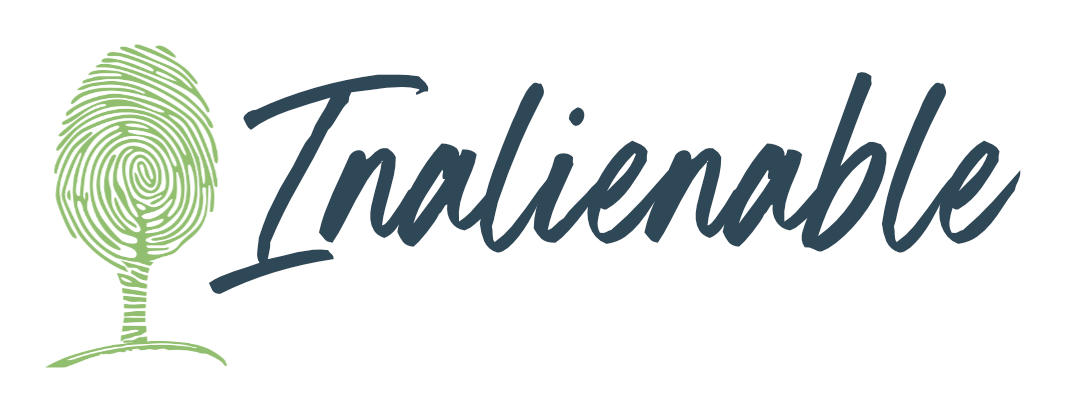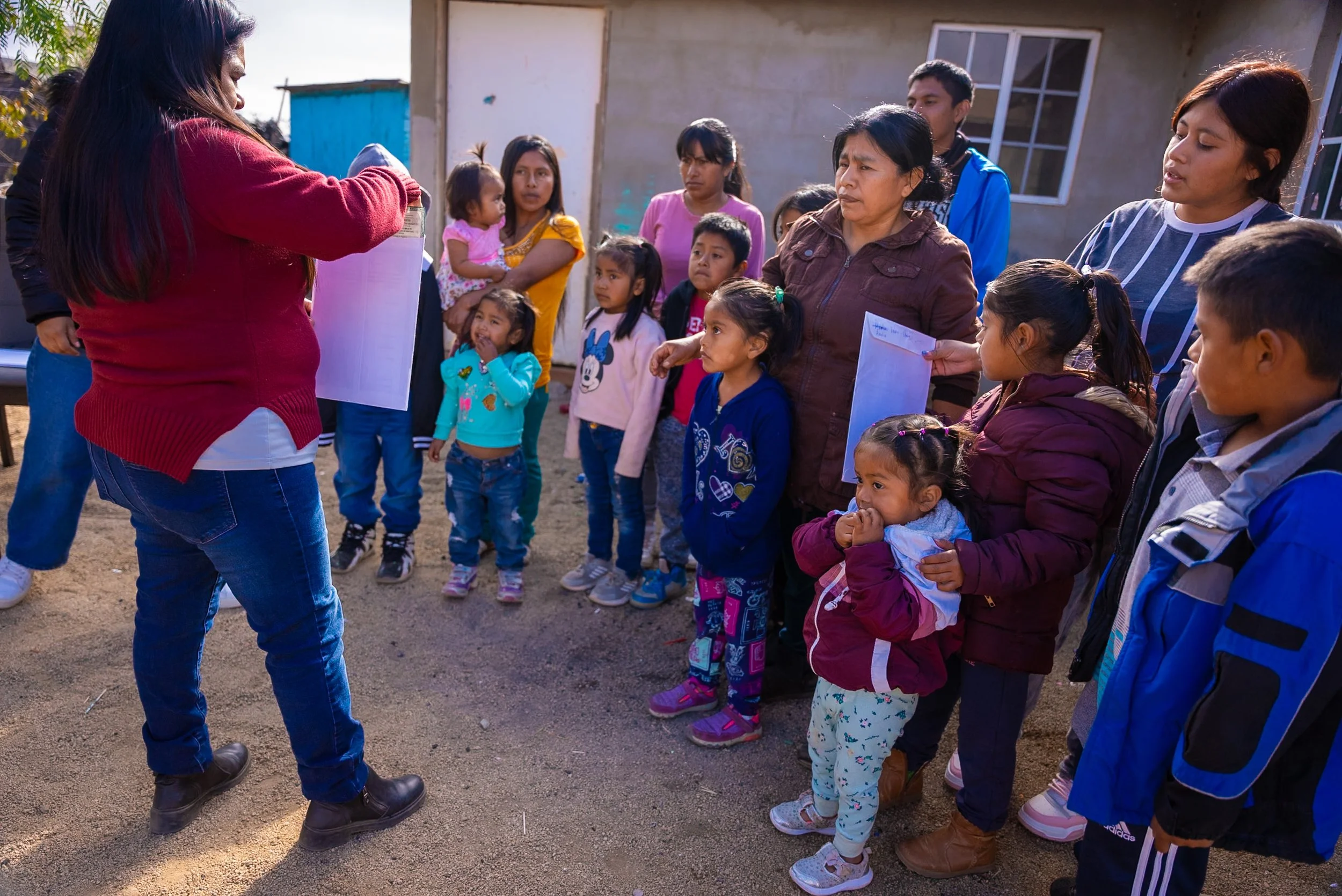
Birth Registration Is A Right.
We defend this right.
A Birth Certificate is not merely a document.
It is the cornerstone of a full, dignified life.
Without a formal birth registration, individuals are effectively legally invisible. This profoundly limits their access to essential lifelong protections and other fundamental rights. A birth certificate serves as irrefutable proof of legal identity, but without it, individuals cannot establish nationality, are vulnerable to statelessness, and often lack protection from violence and exploitation.
That is, a birth certificate is the foundation for most other rights.
A Staggering Problem
The births of a staggering 150 million children under age 5 (about 1 in 4) have never been recorded.
Even more critically, 237 million children under age 5 lack official proof of registration in the form of a birth certificate.
This is a core reason for global poverty: without documented citizenship, it is practically impossible to escape poverty.
It’s hard to go to school. It’s hard to access healthcare. It’s almost impossible to get a job.
Despite significant global progress, with approximately 3 in 4 children under age 5 now registered compared to 6 in 10 around 2000, the world is not yet on track to achieve the ambitious Sustainable Development Goal (SDG) target 16.9 – providing legal identity for all, including birth registration, by 2030.
The stakes are high: being an unregistered citizen traps a person in poverty, without easy access to health care and basic rights.
Source: The Right Start To Life, UNICEF
Why Does This Happen?
This problem is deeply grounded in specific, persistent realities.
Even in Mexico, where nationwide registration coverage is high at nearly 98%, significant challenges persist. In 2015, for example, almost half (45.7%) of children aged 0-60 days were not registered opportunely. Nearly one million people of all ages in Mexico still lack birth registration, and alarmingly, six out of ten of these individuals are children or adolescents.
The denial of identity is perpetuated by formidable obstacles that disproportionately affect the most vulnerable. These unjust barriers, deeply grounded in systemic realities, create profound challenges for families:
Administrative Hurdles: Complex, cumbersome processes and difficulty in obtaining necessary documents are significant obstacles. In fact, in half of 45 countries with available data, a majority of mothers or caregivers of unregistered children lack fundamental knowledge of how to register a child's birth.
Financial Barriers: The burden of high fees for registration or obtaining a birth certificate tragically excludes millions. Globally, children from the poorest 20% of households are one-quarter less likely to have their births registered than their richest counterparts. This challenge is immense, with approximately 65 million unregistered children under age 5 living in sub-Saharan African countries alone, where fees are associated with birth registration.
Geographic Distance and Opportunity Cost: For many, the simple act of registration becomes a formidable journey. Long distances to civil registry facilities and the time required for procedures create substantial, often insurmountable, challenges, particularly for families in remote areas. Children living in urban areas are about 30% more likely to be registered than their rural counterparts, highlighting the profound impact of accessibility.
The most severe impacts of this problem fall upon those already marginalized. The lack of birth registration is tragically ten times higher for indigenous communities in Mexico than for the rest of the national population. In states like Chiapas, Oaxaca, and Guerrero, particularly within rural and highly marginalized municipalities, communities display immense resilience in the face of the greatest challenges to universal and timely registration. For instance, in Chiapas, a stark 23.2% of indigenous language speakers lack a birth certificate. The profound vulnerability of children whose parents migrate or are refugees, often facing statelessness without crucial birth registration, further exacerbates this crisis.
This is the profound problem Inalienable exists to confront: a global injustice that denies millions their most fundamental right. It is a challenge demanding heroic resolve, grounded in understanding the intricate legal and lived realities that perpetuate it. Until every life is formally recognized, the promise of true equity and protection for all remains unfulfilled.
More Information
The Right Start In Life: Global Levels and Trends in Birth Registration
UNICEF
UNICEF is deeply invested in the UN’s Sustainable Development Goals. Goal 16.9 of the SDG’s is universal birth registration by 2030. This report is a 2024 update on progress since the goals were set in 2015. This report is an excellent introduction to the subject.
The Right To An Identity (ESP)
UNICEF Mexico, INEGI
This report focuses on birth registrations in Mexico. The governments of Mexico have erratically collaborated with UNICEF and the Organization of American States to make substantial improvements in birth registrations in Mexico. This report highlights some of those successes and additional challenges.
Regional Study on Late Birth Registration (ESP, ENG)
Organization of American States: PUICA
PUICA is a program overseeing collaboration amongst civil registries in the new world. This documents “standards, best practices, barriers and challenges to improved civil registration in 13 Latin American countries. (English, Español)


